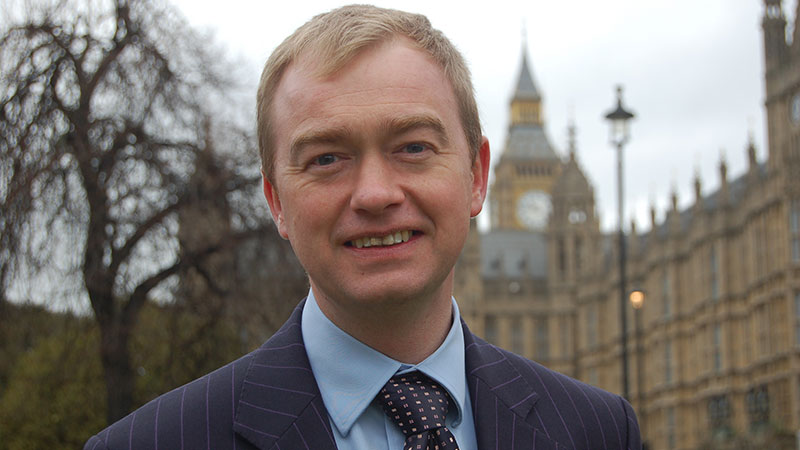You’ll have to forgive my sounding like something of a broken record by this point, but I couldn’t let this news pass without flagging it for Mere O readers:
Login to read more
Sign in or create a free account to access Subscriber-only content.
Topics:
